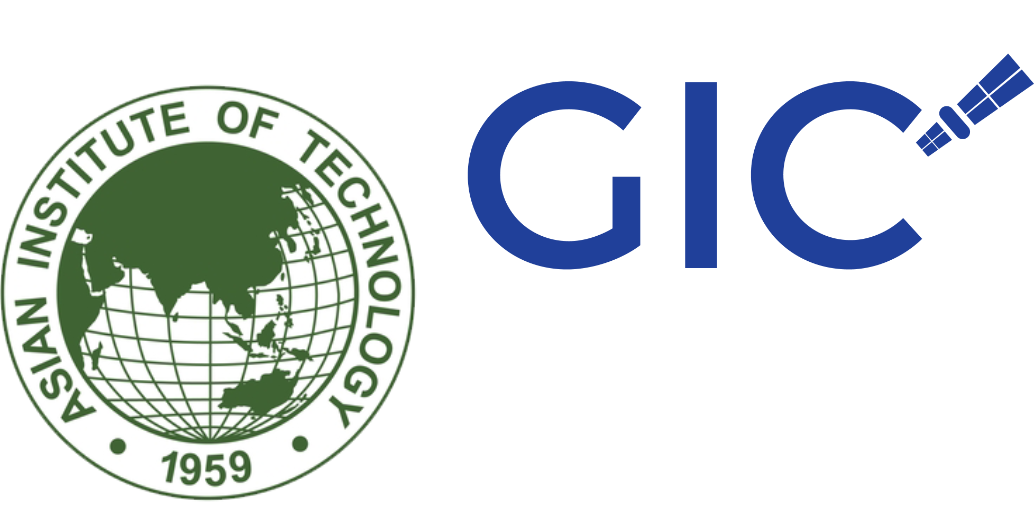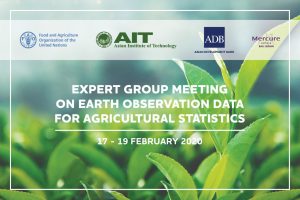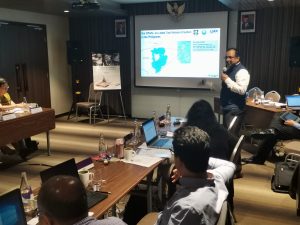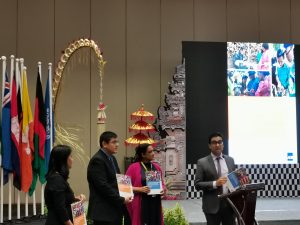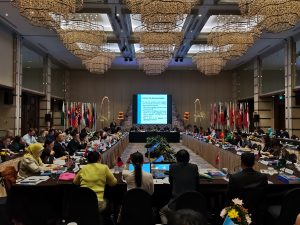
A representative from GIC served as an observer at FAO’s biannual Asia and Pacific Commission on Agricultural Statistics. 2020 marks the Commission’s 28th meeting, which took place in Bali, Indonesia from February 10-14, 2020.
FAO used the occasion to herald the release of its new user manuals which detail procedures for implementing computer assisted personal interview (CAPI). CAPI offers a number of advantages over the established paper-based interview system, including enumeration error reduction, enumerator progress tracking, and improved data entry efficiency. A number of countries in the Asia-Pacific region have piloted CAPI projects for system assessment and reported their findings at an expert group meeting in New Delhi in 2019. Overall reactions were positive with intent to integrate CAPI into upcoming census activities. Electronic versions of FAO’s CAPI user manuals can be accessed through the following links: CAPI-Survey Solutions and CAPI-CSPro
APCAS serves as a forum for senior statisticians from FAO and member countries in the Asia-Pacific region to share experiences in agricultural statistics from the interim two-year period. Sessions during APCAS 28 focused on sustainable development goal (SDG) governance, farm-based SDG indicators, food security, ICT in agriculture statistics, microdata dissemination, and use of SDG’s in relation to fishery and agriculture statistics.
Member countries which participated in APCAS 28 include Indonesia, Vietnam, Bhutan, Thailand, Cambodia, Nepal, Timor Leste, India, Fiji, Samoa. Sri Lanka, Philippines, Mongolia, Malaysia, South Korea, Tonga, Myanmar, and Lao PDR.
APCAS 28 featured two side events which explored concepts related to agricultural statistics. The first side event focused on SDG Indicator 5.A.1, which addresses Women’s and Men’s secure Access to Agriculture Land. FAO and UN Women led a discussion with member country representatives which explored the concept of land ownership and common difficulties in bequeathing agricultural land.
AIT, FAO, and the Asian Development Bank jointly organized the second side event which focused on the application of Earth Observation Data to agriculture statistics. Over the course of three days (Feb. 17 – 19), representatives from the public and private sector shared their expert knowledge on a range of related topics including ICT for mobile data collection, GNSS data collection for census activities, GIS for agricultural statistics, sampling frames, sources of satellite imagery, remote sensing for crop area estimation, and cost effective technologies for estimating disaster impact.
Agriculture and statistics officers representing 10 countries participated in the side event, including Afghanistan, Bhutan, Lao PDR, India, Indonesia, Nepal, Papua New Guinea, Philippines, Thailand, and Timor Leste. Representatives from the private sector including Airbus, ESRI, Piesat, and Maxar (Digital Globe) were also in attendance demonstrating their latest geospatial solutions for agriculture-related work.
